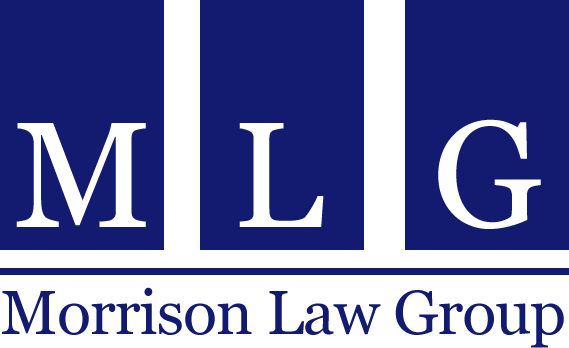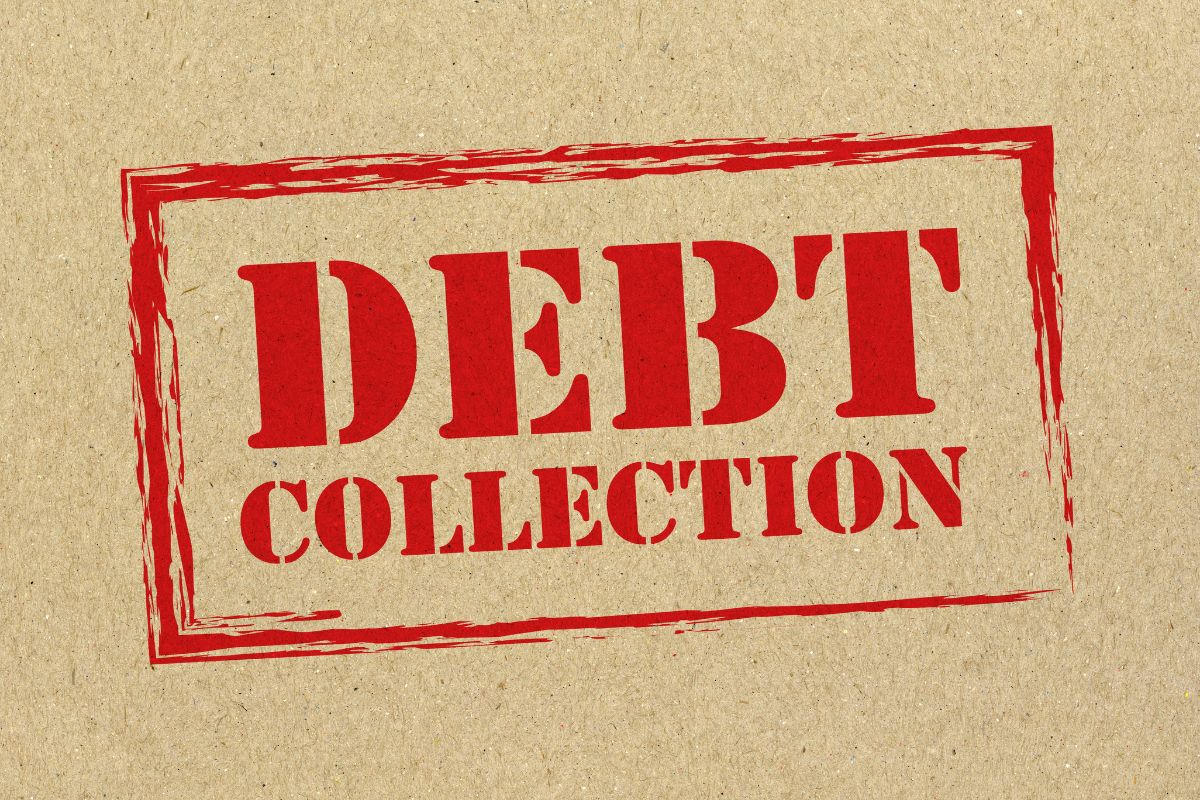If you owe a debt, a debt collector is entitled to collect it from you. However, a debt collector must act within applicable state and federal laws when trying to collect a debt. If it does not, you may have a cause of action against this debt collector. If you think a debt collector has broken the law, contact the Morrison Law Group today for a free consultation to determine whether any of your rights have been violated. You may have a cause of action for damages.
Here are some frequently asked questions about debt collectors and debt collection.
*What law regulates debt collection?
The Fair Debt Collection & Practices Act (FDCPA) is the primary federal law that regulates debt collection by third parties. There are several federal and state laws regulating the collection of debts. Note that the FDCPA does not regulate the conduct of a debt collector who is the original creditor for the debt. The FDCPA applies to the collection by third parties of consumer debts such as credit card debts, mortgages, vehicle loans, student loans, medical bills, and other household debts. This federal law does not apply to business debts.
*What is the timeframe for the collection of unpaid debts?
Once a debt becomes delinquent, your original creditor’s collection department will try to collect the debt. This will last for approximately six months. At this time, no third-party collection agency is yet involved and your lender is keeping collection in-house with the hope that you can become current and resume regular monthly payments.
Each lender has a different waiting period or time frame for determining that a debt is probably not going to be repaid. The debt will then be assigned to a third-party collection agency. The obligation to repay the debt is still the property of the original creditor as an account receivable.
Finally, if the efforts of a third-party collector fail to produce any results, your original creditor will sell the debt to another entity in the business of buying and collecting debts. The original creditor is no longer an obligee and is owed nothing. The new owner of the debt will try to collect some or all of the debt as a profit-making venture.
Eventually, a lawsuit may be filed depending on the amount of the debt and the likelihood of recovering any part of the debt. If you fail to answer the lawsuit, you may have a Judgment known as a default judgment entered against you. This means that the creditor can use legally garnish your wages or take money from your bank account.
*How can I stop a debt collector from contacting me?
You must send a letter to the debt collector and request that it stop contacting you. After the collection company receives this letter, it may only contact you to confirm that it will cease further contact in the future or to inform you that it plans to take a certain action, like filing a lawsuit. If you have an attorney, request that the collector communicate solely with your attorney.
*Can a debt sent to a collection agency negatively affect your credit?
When a debt is sent to a collection agency, it negatively affects your credit score. Don’t give up on your other accounts. Keeping them in good standing may help counteract offset this negative impact over time.
*If your debt Is sold, is it reported as a separate account on your credit report?
Yes. A debt may have multiple entries on your credit report. When an account is opened, the original creditor reports it to the credit bureaus. The original creditor will close out their account and list the debt as being charged off as a bad debt. It may still appear on your credit report as a closed account. If you fail to pay it and the creditor transfers the debt to a third-party collection agency, the debt gets listed again as a separate entry as a debt in collection.
*What should I do if a debt collector sues me?
If a debt collector files a lawsuit against you, do NOT ignore it. You must respond by the date specified in the summons. You may want to consult with an attorney. Just make sure that file an answer. Otherwise, the debt collector will be awarded a (default) judgment and can use collection tools like garnishment.
*What can I do if I think a debt collector violated the law?
Consumers may sue debt collectors in state and federal courts. Under the FDCPA, you must file your lawsuit within one year of the collector’s violation. You may sue for damages including lost wages and medical bills. Even if you cannot prove damages, you still may be awarded up to $1,000, plus attorney’s fees and court costs. Remember, even if a debt collector violated the FDCPA, you may still owe the debt.
In any of the above situations the attorneys of the Morrison Law Group, through a free consultation, can answer your questions and help you consider filing bankruptcy as an option to find debt relief and get a fresh start.
The Morrison Law Group strives for complete client satisfaction. We provide excellent service during your bankruptcy case, as well as after your bankruptcy case is over. Not all Utah Bankruptcy attorneys can make this statement, but the Morrison Law Group is not like other Utah bankruptcy law firms. Call 801.456.9933 today to schedule a FREE consultation. We have locations in Ogden, Logan, Sandy, Orem, and St. George to serve the residents of the counties of Weber, Cache, Salt Lake, Utah, Morgan, Davis, Washington, and surrounding areas.


